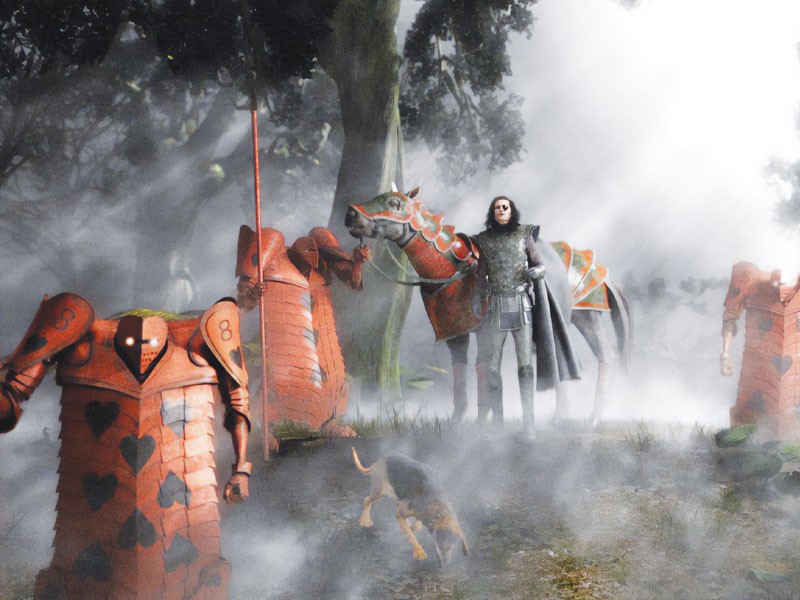The Folktale:To be or not to be
Issue 23

The aim of this study is not to compare the folktale to the short story or any other literary creative form; the repeated attempts to interpret a folktale and re-present it as a short story, novel or play are beyond this study’s scope. The aim of this study is instead to investigate the metamorphosis that a folktale undergoes each time it is narrated, because folktales often lose essential components and symbolic semantics.

Creative writers owe a debt to folk culture, particularly the folktale; folk culture has always served as a source of inspiration for thinkers, creative writers, the public and the media.
The tales of the Brothers Grimm and Alice in Wonderland appeal to the imaginations of adults and children around the world; these tales have also inspired creative writers. In Sudan, people hurry to listen to narrations of the stories Fatima Al Samha and Wid Al Numayr, and to watch new dramatic adaptations. There is a strong trend of adapting folktales’ structure and content to modern tastes.
Since it opened as a subsidiary unit of the Sudanese Ministry of Education in 1956, the Publishing Office has played an important role in collecting folktales and drawing attention to Sudanese folk literature. Abdullah Al Tayeb collected and published some folktales, including the afore-mentioned story.
The efforts of the Publishing Office and of writers in the fields of heritage and folklore have inspired various initiatives to preserve folk literature, particularly folktales. Inspired by the folktales, Sudanese writers and artists created works with themes that differed from the political, ideological and commercial themes of Europe. Sudanese writers focused on the discourse of folktales based on the narrator, audience, content and context.
The study selected four tales for analysis, two by the renowned writers Abdullah Al Tayeb and Ibrahim Ishaq and two prepared by the students of Khartoum University’s Translation Department.
Mohammed Mahdi Buchra Sudan



































































